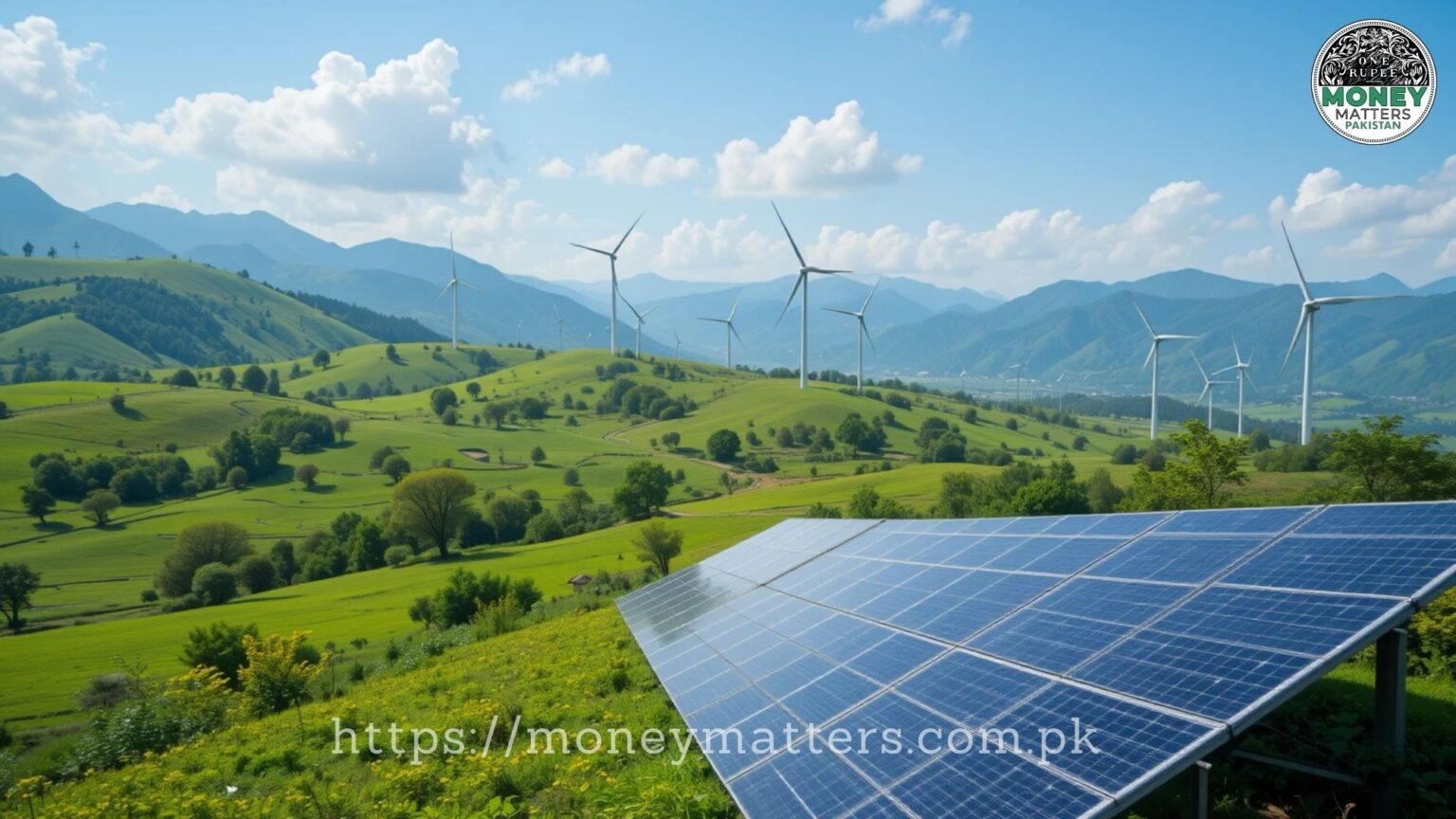Pakistan focuses on sustainable development with green finance as IMF supports debt restructuring for vulnerable nations.
Key Takeaways:
i) Pakistan’s central bank will introduce ‘green taxonomy’ guidelines by June to boost environmentally friendly projects.
ii) Pakistan aims to cut projected emissions by 50% by 2030, emphasizing renewable energy and electric vehicles.
iii) The IMF is being urged to play a more active role in restructuring the debt of countries in need.
Karachi, Pakistan – Pakistan is taking significant steps towards environmentally sustainable development, with its central bank planning to launch ‘green taxonomy’ guidelines by June. These guidelines will facilitate the issuance of green bonds and sukuks, financial instruments designed to fund projects that have a positive environmental impact. This move underscores Pakistan’s commitment to reducing its carbon footprint and fostering a greener economy.
The initiative aligns with Pakistan’s ambitious goal of achieving a 50% reduction in projected emissions by 2030. Key to this strategy is a strong emphasis on renewable energy sources and the promotion of electric vehicles. The government believes that these measures will not only contribute to a cleaner environment but also create new economic opportunities and attract foreign investment.
In a related development, the International Monetary Fund (IMF) is facing increased calls to play a more active role in assisting vulnerable countries with debt restructuring. While not directly related to Pakistan’s green initiatives, this issue is crucial for the country and many others facing economic challenges. The IMF and African leaders have recently engaged in discussions focused on ensuring financial stability and achieving sustainable economic development goals. The IMF has reiterated its commitment to supporting its member countries in navigating these complex economic landscapes.




